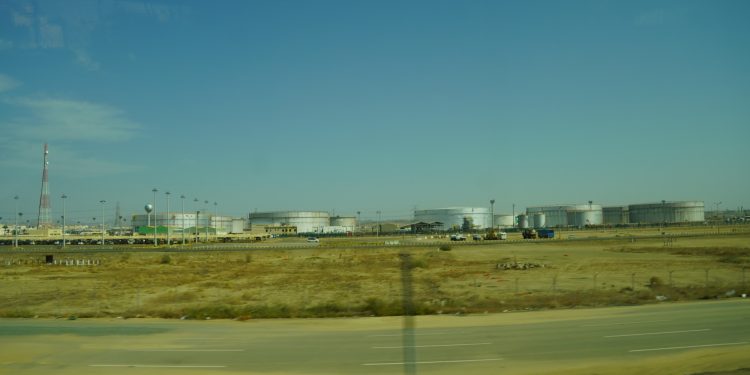Saudi Arabia is tackling severe water scarcity by advancing its water management strategy, focusing on availability, accessibility, and affordability. With few natural freshwater sources and a fast-growing population, the Kingdom is investing in large-scale desalination and cutting-edge technologies to secure future water supplies.
Currently, Saudi Arabia produces over 12 million cubic meters of desalinated water each day, aiming to reach 20 million by 2030. This expansion is supported by significant investments exceeding $6 billion in water distribution, treatment, and wastewater projects. New mega desalination plants and expanded transmission networks are planned for key regions to meet rising demand.
The approach emphasizes not just desalination but also wastewater treatment and reuse. Advanced, energy-efficient systems like reverse osmosis and renewable energy integration are being adopted to increase sustainability. While about 6.5 million cubic meters of wastewater are treated daily, only a quarter is reused. The National Water Strategy seeks to boost treated water reuse to 70% by 2030, helping preserve groundwater and reduce reliance on energy-intensive desalination.
Collaboration with private and international partners is accelerating innovation and improving efficiency. These partnerships are making water more affordable and supporting economic growth, while major investments upgrade distribution networks, storage, and management systems.
Saudi Arabia’s water initiatives are central to Vision 2030, aiming to bolster water security and drive economic diversification. By adopting advanced desalination and digital technologies, the Kingdom is reducing energy consumption and increasing operational efficiency. Upcoming trends include the use of solar power for desalination, next-generation membrane technologies, and AI-driven plant management.
Experts anticipate further progress by 2025, including decentralized purification for remote communities, digital maintenance tools, and greater use of treated water in agriculture and cooling. These innovations are expected to strengthen economic resilience and position Saudi Arabia as a global leader in sustainable water management.


